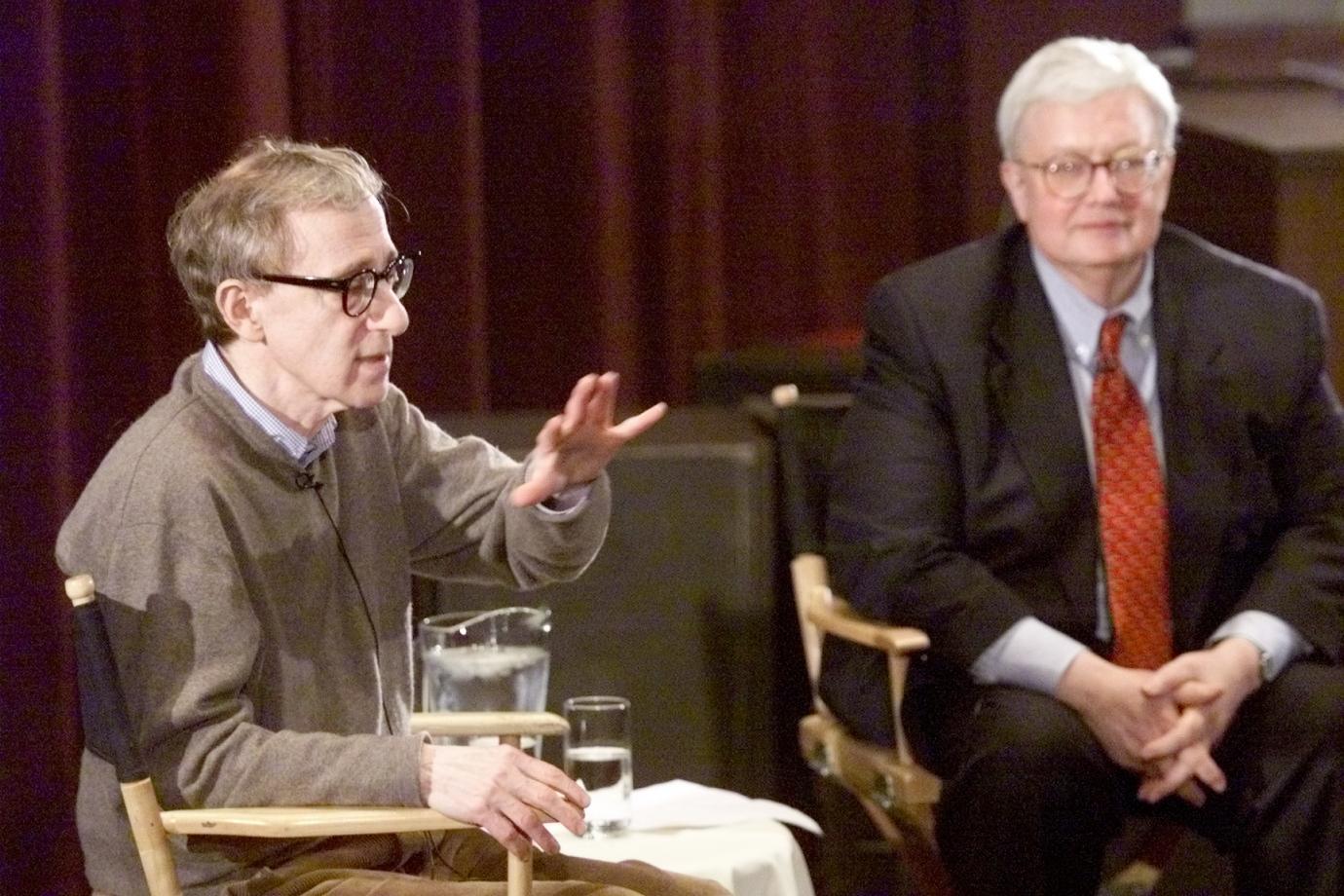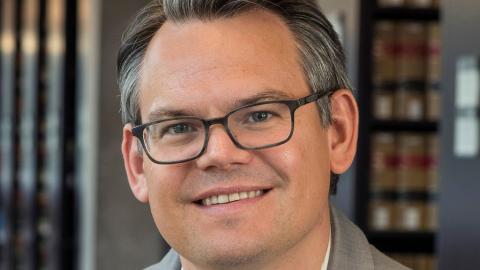Before Roger Ebert, X’70, became one of the world’s most influential film critics, he began doctoral studies in English at the University of Chicago in 1966. Although Ebert left his studies to pursue a remarkable career as a Pulitzer-winning journalist and commentator, he never fully left the University, serving for 37 years as a lecturer on film for the Graham School of Continuing Liberal and Professional Studies.
Ebert died of cancer on April 4 at age 70, prompting tributes and remembrances from around the world.
A lasting affection developed over the years between Ebert and the UChicago community. He began his service as a lecturer in 1968, shortly after becoming a film critic with the Chicago Sun-Times. Colleagues and students said he passionately introduced his classes to global cinematic styles, genres and directorial oeuvres. Starting in 1994, Ebert typically taught classes at the University’s Gleacher Center in downtown Chicago.
“In many ways, he was a public intellectual,” said Judy Hoffman, senior lecturer in Cinema and Media Studies and the Department of Visual Arts, who first met Ebert when she was a young filmmaker. “In his reviews, he led you through a continuum of film history. He really taught—it wasn’t just giving films a thumbs up or a thumbs down. He knew film history, and wrote his reviews with that in mind.”
A native of Urbana, Ill., and a graduate of the University of Illinois at Urbana-Champaign, Ebert also maintained a lifelong connection there, including launching Roger Ebert’s International Film Festival in Champaign. Ebert gained widespread recognition through his work on television with fellow critic Gene Siskel, with shows including Sneak Previews and Siskel & Ebert At the Movies. His writing on film as well as cultural and political topics was broadly influential; in 1975, Ebert became the first person to receive a Pulitzer Prize for film criticism.
At UChicago, Ebert was particularly committed to discussions and conversations with students, encouraging them to develop their ideas and challenge his conclusions. He was known to test his critiques with students and respect the feedback he received. Often, class sessions were significantly extended beyond scheduled times in order to adequately treat topics and provide ample time for discussions with students.
A passion for independent film
In addition to his teaching, Ebert was a longtime admirer of the student-run Doc Films society, founded in 1932, a UChicago showcase for diverse and often rare films. In a 2008 post on his blog, Ebert praised Doc’s commitment to screening legendary directors’ films, which are often unavailable on DVD. “It says something about DVD producers, but even more about Doc Films.” Ebert also returned to campus for Doc Films events, including a discussion in 2000 at the Max Palevsky Cinema with filmmaker Woody Allen.
Ebert discussed the memories that the University of Chicago’s architecture evokes for him in a 2010 blog post featuring the campus photography of Justin Kern, AB’04, PhD’10. “I spent a year as a doctoral student at the University of Chicago, and [Kern’s] photographs made my heart quicken,” Ebert wrote.
Remarkably, during Ebert’s tenure with the Graham School he never repeated a course—evidence of the breadth and depth of his knowledge and his devotion to continual learning. He was particularly interested in studying oeuvres of important film figures, including Ingmar Bergmann, Federico Fellini, Francois Truffaut, Luis Bunuel, Alfred Hitchcock, Werner Herzog, Orson Welles, Billy Wilder and John Huston.
On multiple occasions, Ebert also arranged to bring these figures to the classroom to discuss their works with students. A representative class he taught in 2003 was titled “Not the New Wave: Before and After the Revolution.” The University of Chicago Magazine reported in 2004 that Ebert’s class had “achieved cult status, with students returning year after year.”
The range of Ebert’s interests set him apart from other critics, according to Hoffman, a member of the board of directors at Kartemquin Films, which produced Hoop Dreams and numerous acclaimed documentaries. Ebert sought out and supported independent films that weren’t on the radar of other critics. “If it wasn’t for Roger championing Hoop Dreams, that film never would have gotten the national attention it did,” Hoffman said.
“Clearly, film was everything to him,” Hoffman added. “He wanted other people to share that love of cinema.”
“The Graham School and its students were fortunate to have Roger Ebert as a prized and highly respected instructor for 37 years,” said Graham School Dean Daniel Shannon. “He represented the highest values of the University and the Graham School, as someone with an extraordinary commitment to his area of expertise and a passion for sharing his knowledge with others.”







